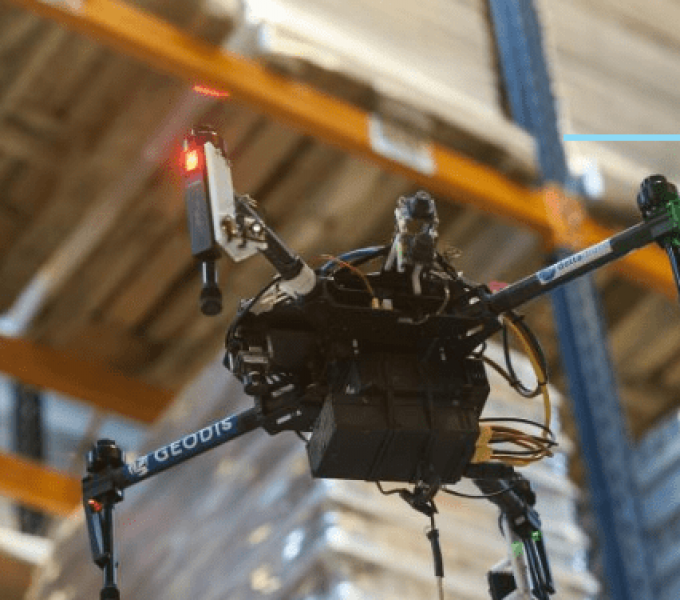Predatory rivals circle as the ripples from DSV's Schenker buy widen
Forwarders are awaiting the fallout from DSV’s purchase of DB Schenker – and the corresponding ...

Geodis may be in talks with CMA CGM, according to some market observers, but Thomas Kraus, head of northern and central Europe for Geodis, preferred to talk about customer satisfaction and new technologies, in a recent interview with The Loadstar.
But he did note that shareholding structures ...

Comment on this article